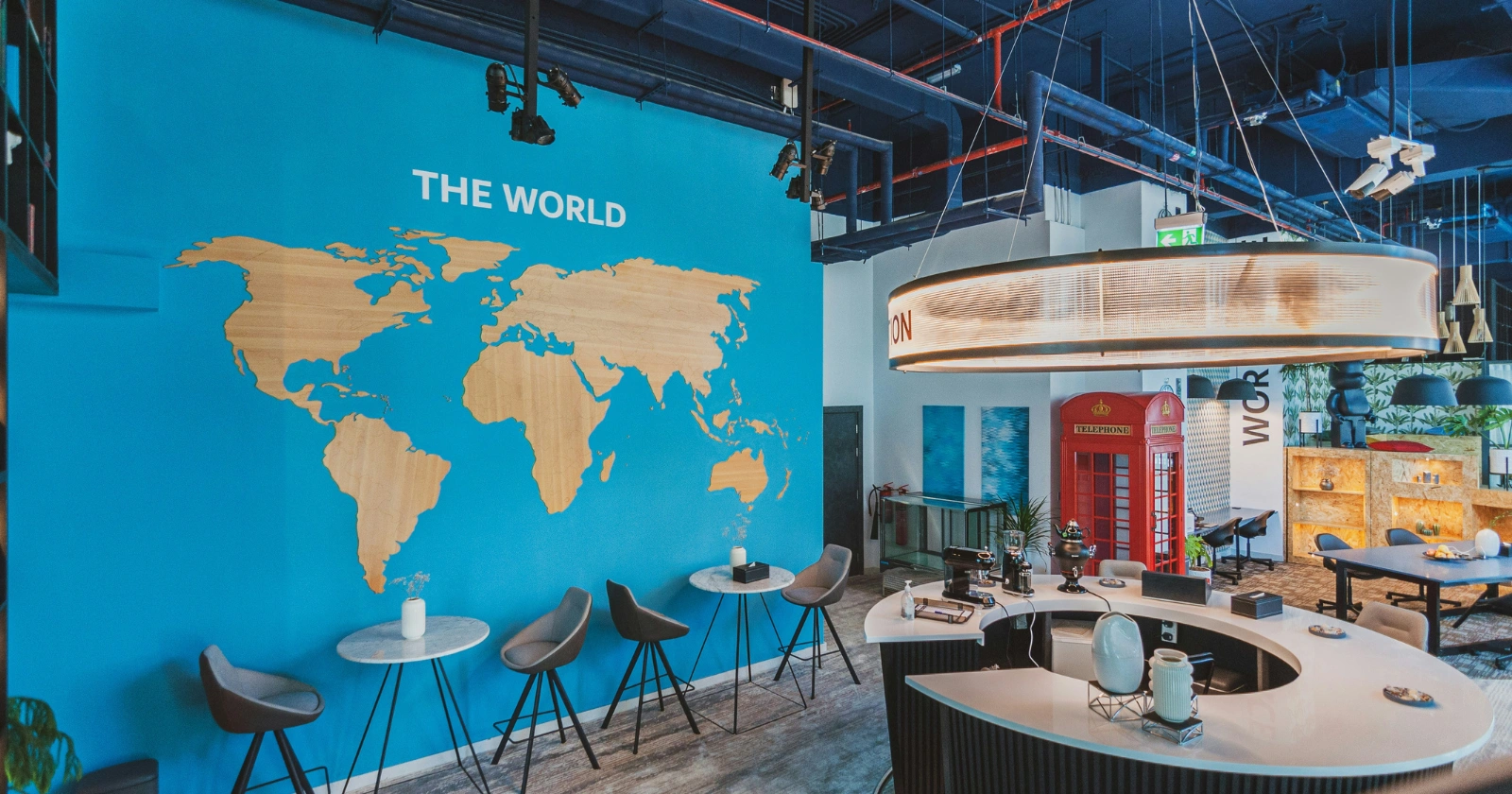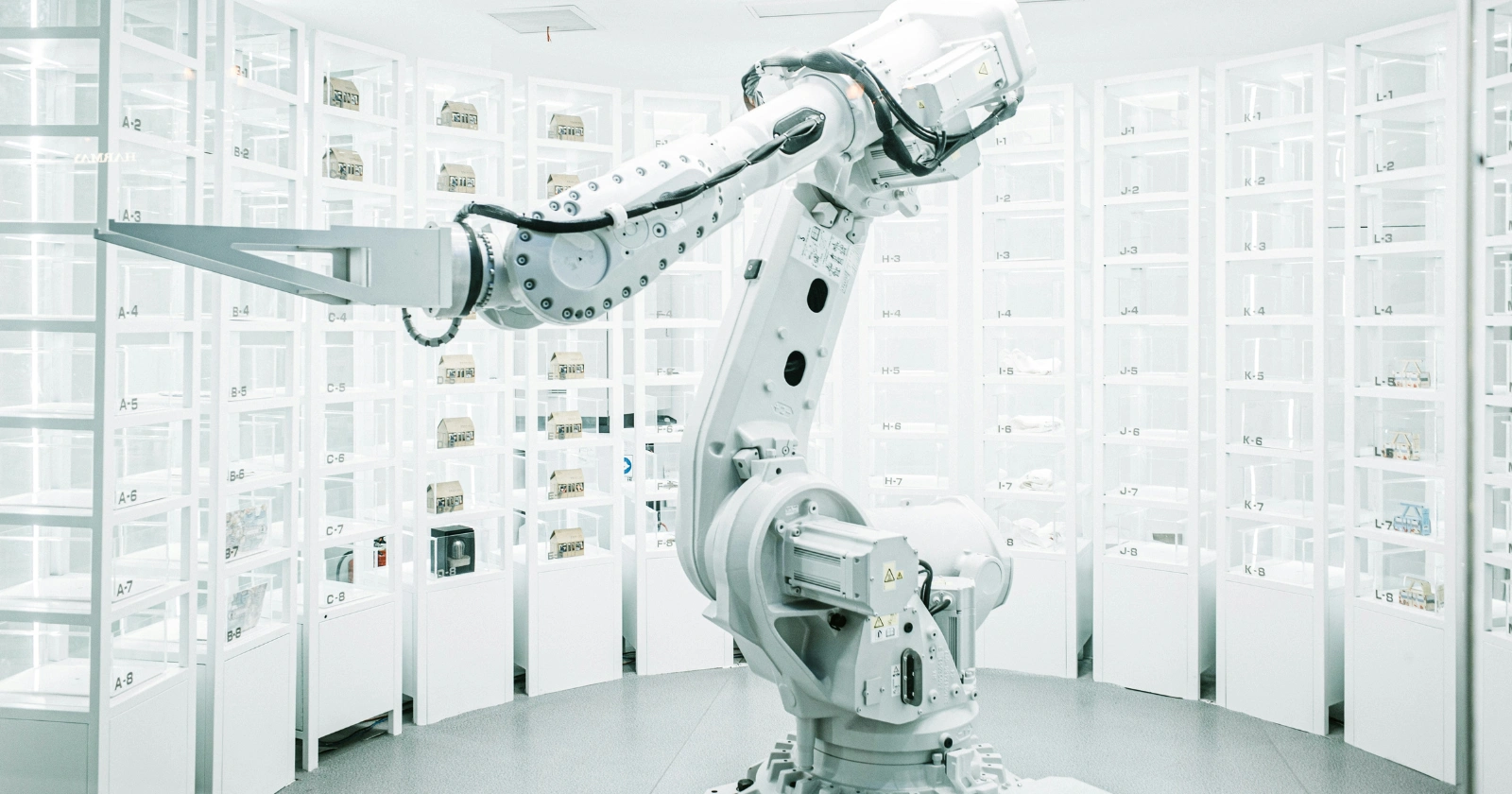Artificial intelligence shapes modern life in profound ways, from streamlining daily tasks to revolutionizing industries like healthcare and finance. Once concentrated in a single region, AI development now spans continents, driven by talent, capital, and strategic policies. This global spread fosters competition and collaboration, pushing boundaries further than ever before.
Silicon Valley has long symbolized technological breakthroughs, attracting visionaries and investors alike. Yet, as 2025 unfolds, places like Bangalore challenge this dominance with unique strengths. Bangalore’s vibrant ecosystem, bolstered by a vast workforce and increasing foreign investments, positions it as a formidable player.
Reports from Stanford’s AI Index 2025 highlight how such shifts reflect broader trends, with the United States still leading in research and model development, while Asia surges ahead in patents and applications.
This evolution underscores a decentralized future for AI. Emerging hubs bring diverse perspectives, addressing ethical concerns and practical needs. Singapore tops Counterpoint Research’s 2025 Global AI Cities Index for its governance focus, while Seoul excels in healthcare integrations. These developments signal an era where innovation thrives beyond traditional borders, benefiting societies globally.
Silicon Valley: Innovation’s Timeless Core
Silicon Valley continues to define AI progress through unmatched resources and a culture of bold experimentation. Home to giants like Google, Meta, and OpenAI, the region draws top minds from around the world. In 2025, investments here reach staggering levels, with the U.S. committing over $470 billion to AI, much of it funneled through Valley firms.
Massive Capital and Cutting-Edge Infrastructure
Venture capital flows abundantly in Silicon Valley, supporting startups and established players alike. Microsoft and Google lead in datacenter expansions, enhancing AI capabilities. Stanford’s AI Index 2025 notes nearly 90% of notable AI models originate from industry, many from this hub. NVIDIA’s advancements in AI chips further solidify the area’s edge, powering models that handle complex computations efficiently.
Key companies drive this momentum. OpenAI’s developments in agentic AI, systems that adapt autonomously, set new standards. Apple’s integrations in consumer devices and Amazon’s cloud services amplify reach. Analytics Insight reports San Francisco, encompassing Silicon Valley, as the premier city for AI startups in 2025, with billions in funding secured.
Pioneering Advances Amid Ethical Hurdles
Innovations here extend to predictive analytics and machine learning applications across sectors. Healthcare benefits from AI-driven diagnostics, while finance leverages fraud detection tools. Yet, challenges persist. Bias in algorithms and transparency issues spark debates, as highlighted in Forbes discussions on responsible AI.
Despite these, Silicon Valley adapts through initiatives like AI safety research. Collaborations with universities such as Stanford ensure a steady talent pipeline. The region’s acceptance of risk encourages breakthroughs, though high living costs pose barriers. Overall, its ecosystem remains a benchmark, influencing global standards.
Bangalore: India’s Dynamic AI Frontier
Bangalore, often called India’s Silicon Valley, emerges as a powerhouse with over 1,000 AI startups in 2025. Its blend of affordability, skilled labor, and innovation attracts global attention. LinkedIn posts from Analytics India Magazine emphasize Bangalore’s role in India’s AI surge, surpassing cities like Tokyo and Paris to become the sixth-largest global tech market.
Vast Talent and Thriving Ecosystem
Over one million tech workers call Bangalore home, making it Asia-Pacific’s largest talent market. Institutions like the Indian Institute of Science produce graduates ready for AI roles. Global Capability Centers from firms like IBM and Accenture fuel growth, with $3.3 billion in venture capital flowing in 2024, including 34 AI deals.
Startups here focus on practical applications, from fintech to agriculture. Uniphore and Wipro lead in voice AI and automation. The Scalers notes Bangalore’s evolution from outsourcing to AI leadership, with Google Research India advancing deep learning. This ecosystem supports diverse innovations, drawing talent from across India and beyond.
Strategic Policies and Global Rankings
Government initiatives propel Bangalore forward. The IndiaAI Mission allocates $1.25 billion for infrastructure and research in education and healthcare. Karnataka’s AI Mission and NASSCOM’s Center of Excellence enhance collaborations. Counterpoint Research ranks Bangalore 26th globally and first in India for AI research and datacenters.
International recognition grows. Instagram reels highlight Bangalore overtaking Tokyo, Paris, and Boston in tech rankings. Investments project AI adding $957 billion to India’s economy by 2035, with Bangalore contributing significantly. These efforts position the city as a key player in global AI dynamics.
Expanding Horizons: Other Key AI Hubs
AI innovation decentralizes further, with hubs like Singapore, Seoul, and Beijing making strides. Each brings unique strengths, from governance to large-scale investments, enriching the global landscape.
Singapore: Leader in AI Governance
Singapore ranks first in Counterpoint’s 2025 AI City Index, thanks to public-private partnerships and a startup scene. Government initiatives integrate AI in urban management and finance. Microsoft and Google expand here, setting up innovation hubs. Analytics Insight praises its pro-business policies, projecting 45,000 AI jobs by 2027.
Seoul: Focus on Healthcare and Robotics
Second in the index, Seoul invests heavily in AI chips and applications. SK Telecom and Naver innovate services, while the government implements AI in education and healthcare. Stanford’s report notes South Korea’s contributions, with Seoul as a tech haven blending tradition and modernity.
Beijing: Powerhouse of Scale and Investment
Third-ranked Beijing benefits from China’s status as the second-largest AI investor. Baidu and Tencent lead in autonomous vehicles and manufacturing. State-backed funds channel billions, with AI education for all students starting in 2025. International Banker highlights Asia-Pacific’s rise, driven by China and India.
Dubai, London, Paris, and Tel Aviv: Diverse Contributors
Dubai’s $91 billion strategy and AI ministry attract talent, ranking fourth. London’s VC funding tops $19.8 billion, focusing on fintech and safety research. Paris advances ethical AI in transportation, while Tel Aviv excels in cybersecurity, with NVIDIA and Google R&D centers. These hubs add layers to global AI, fostering collaborations.
| Top AI Cities 2025 (Counterpoint Research) | Ranking | Key Strengths | Major Vendors/Investments |
|---|---|---|---|
| Singapore | 1 | Governance, startups, datacenters | Microsoft, Google expansions |
| Seoul | 2 | Healthcare, education, AI chips | SK Telecom, Naver innovations |
| Beijing | 3 | Investments, patents, education | Baidu, Tencent, state funds |
| Dubai | 4 | Government strategy, talent attraction | $91B national AI plan |
| San Francisco (Silicon Valley) | 5 | Innovation, models, venture capital | OpenAI, NVIDIA, $470B U.S. AI commit |
| Bangalore | 26 | Research, datacenters, startups | $1.25B IndiaAI Mission, Google campus |
| London | N/A | VC funding, safety research | $19.8B in 2022, AI Impact Summit |
| Paris | N/A | Ethical AI, transportation | Government support for startups |
| Tel Aviv | N/A | Cybersecurity, defense | NVIDIA, Google R&D centers |
| Toronto | N/A | Multicultural talent, Vector Institute | Thriving startup ecosystem |
Key Facts and Findings
In 2025, the U.S. hosts 60% of elite AI researchers, per Global AI Talent Report. China leads in patents, while AI could add $1 trillion to India’s GDP by 2025, McKinsey estimates. Findings from X discussions reveal emerging U.S. Midwest hubs in automotive AI.
The global AI scene evolves rapidly, with Silicon Valley’s legacy complemented by Bangalore’s dynamism and other hubs’ specialized strengths. This diversification enhances resilience, allowing tailored solutions to regional challenges. As investments soar and talents migrate, the emphasis shifts toward ethical frameworks and inclusive growth.
Policymakers, as seen in UK’s AI allocations and UAE’s ministry, play crucial roles in guiding this trajectory. Ultimately, these hotspots not only advance technology but also redefine economic landscapes, promising a future where AI serves humanity equitably.
Continued monitoring of trends, like those in Stanford reports, will reveal how these centers adapt to new realities, ensuring sustained innovation amid uncertainties.
Future Directions in AI Landscapes
The AI future appears distributed, with intensified talent competition and cross-border partnerships. Regulations will shape growth, addressing privacy and bias. Stanford’s AI Index 2025 shows model scale growing, but performance gaps narrowing, indicating a competitive field.
Emerging trends include AI agents for automation and sustainable tech. Hubs like Hangzhou in China transform into AI meccas, as Wall Street Journal reports. X posts discuss Midwest U.S. cities as new job hubs in healthcare and finance. This shift promises inclusive progress, with AI impacting every sector.
Collaboration remains key. European trips to Silicon Valley, as detailed in ai.nl blogs, inspire bolder approaches. Governments and firms must balance innovation with ethics, ensuring benefits reach all.
Frequently Asked Questions
Silicon Valley leads due to dense networks of tech giants, venture capital, and research institutions like Stanford, fostering breakthroughs in machine learning.
Bangalore leverages a million-plus tech workforce, government missions like IndiaAI, and investments from Google and Meta, ranking high in AI startups.
Singapore ranks first, excelling in AI governance, public-private collaborations, and applications in finance and urban management.
Seoul’s government integrates AI into healthcare and education, with initiatives like chip development and student training programs boosting its second-place ranking.
As China’s hub, Beijing channels state funds into autonomous vehicles and manufacturing, leading in patents and model scale per Stanford’s 2025 AI Index.
Dubai’s $91 billion strategy, dedicated AI ministry, and talent incentives make it a regional leader, ranking fourth in global AI cities.
London focuses on AI safety research and regulations, hosting summits to address bias and accountability amid substantial VC funding.
Paris promotes ethical frameworks in transportation and cybersecurity, supported by government investments and a growing startup scene.
Tel Aviv specializes in defense and cybersecurity AI, with multinational R&D centers from NVIDIA and Google enhancing its innovation ecosystem.
Trends like AI agents, sustainable tech, and regulations could elevate emerging hubs, with increased collaboration across borders per 2025 reports.



